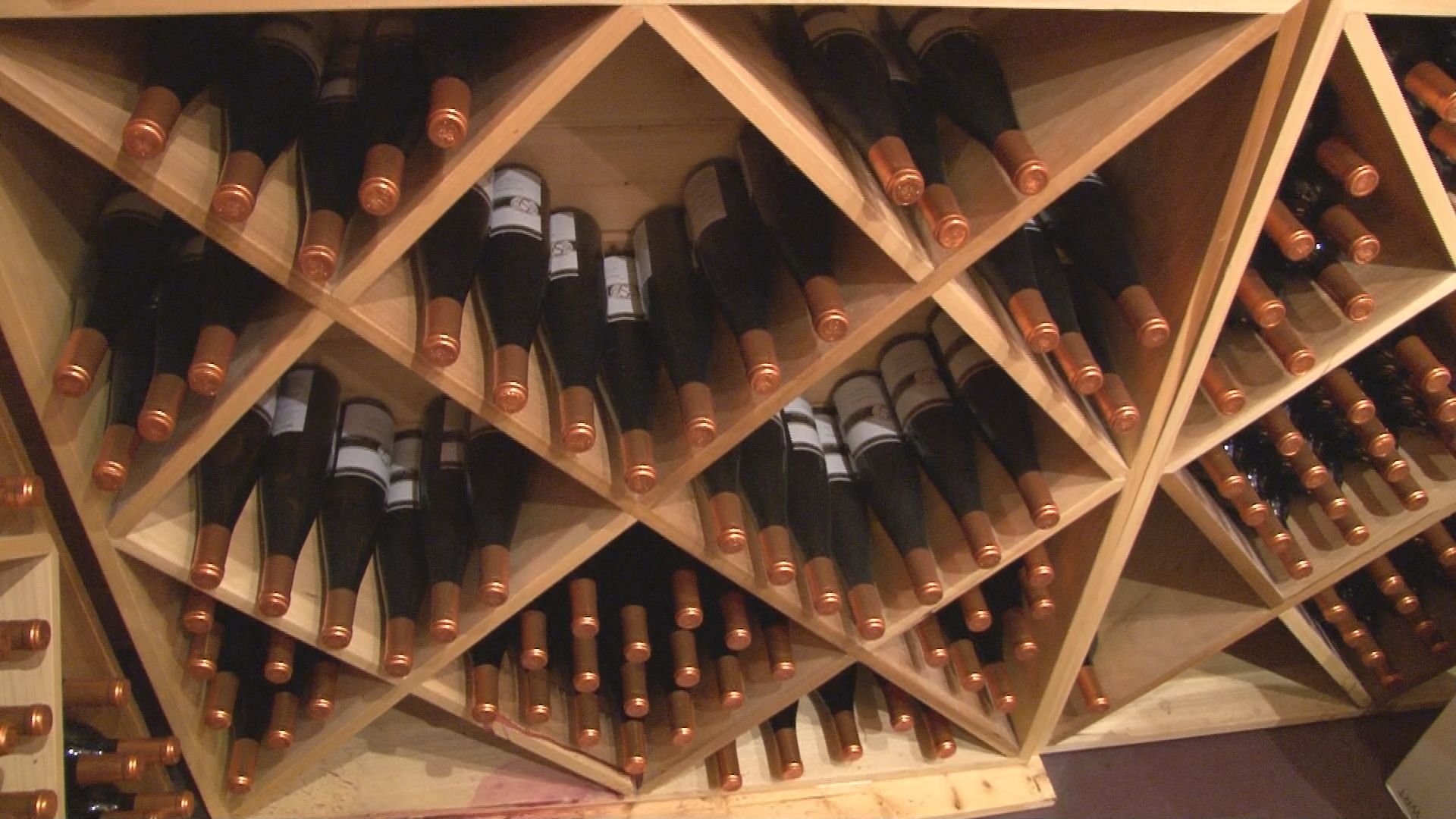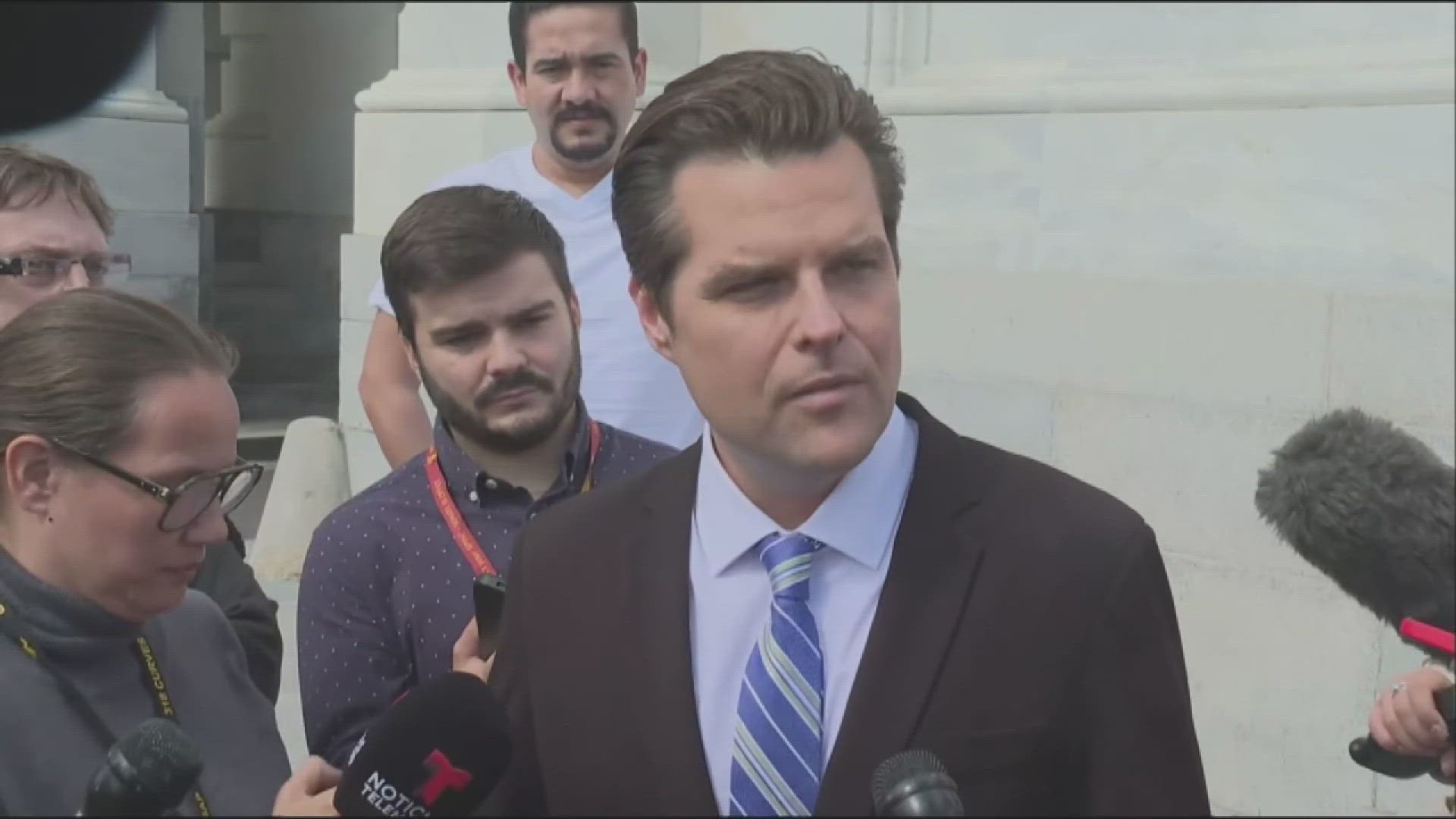Tennessee lawmakers are renewing a push to allow wine and liquor sales on Sunday, a move that could spur opposition from the state's liquor retailers.
The bill, sponsored by Rep. Gerald McCormick of Chattanooga, would align hours of liquor and wine sales with beer sales. Under current law, both grocery stores and liquor stores are not allowed to sell wine and liquor on major holidays and between 11 p.m. on Saturday and 8 a.m. on Monday.
The legislation, similar to a bill filed in 2017, comes less than two years after grocery stores were permitted to sell wine. Consumers celebrated the measure, but wine and liquor store owners fought against it, fearing revenue declines.
McCormick, a Republican, said the legislative efforts stem from consumer demand, as constituents are complaining about the inability to buy wine on Sundays.
“That’s what’s driving it,” McCormick said, expressing optimism his new bill will not see similar infighting as previous alcohol bills.
Rob Ikard, CEO of Tennessee Grocers and Convenience Store Association said the issue is about customer convenience.
"Sundays are a huge grocery shopping day," Ikard said. "We like them to buy wine not only where they buy their food but when they buy their food."
Sen. Bill Ketron, R-Murfreesboro, confirmed Thursday that he would sponsor the bill in the upper chamber.
Ketron pointed out the state’s current law prevented Tennesseans from being able to buy wine two days in a row, over the weekends of Christmas and New Year’s.
“That occurs every seven years,” he said.
Liquor lawyer Will Cheek, a partner at Waller in Nashville, said the wine and liquor retailers are likely to fight against Sunday sales. While it means another day to sell their products, the benefits will be largely felt by groceries that experience high traffic on Sundays and are likely to see more impulse purchases from shoppers.
"If I'm a liquor store owner, I'm looking at this as an increase to my costs with very little increase to my gross (revenue)," said Cheek, who is not representing any group in the legislative issue.
Profits at wine shops, mostly mom-and-pop operations, have been pressured since wine sales have been allowed at grocery stores, Cheek said. "Their revenues are hurting," he said.
For grocery stores, Sunday wine sales would help them increase revenue without added costs.
"There are consumers who will pick up a bottle or two of wine on a Sunday," Cheek said. "(Grocery stores) know it is something they make 20 percent on when they make a sale and it's profit they are leaving on the table."
Ikard said the law would be a positive for liquor stores, especially those that share parking lots with grocery stores, because more people are out shopping on Sunday.
"They are guaranteed good foot traffic," he said. "If a customer wants to buy spirits or wants consultation on the perfect pairing, that liquor store will really benefit from foot traffic."
Laws restricting alcohol sales on Sunday have religious roots, which could affect votes in more religious districts. Ketron said laws regulating Sunday activities are less relevant today.
“As time moves on and we continue to grow, it’s not as important as the blue laws once were when I was growing up,” he said.
Reach Jamie McGee at 615-259-8071 and on Twitter @JamieMcGee_.


